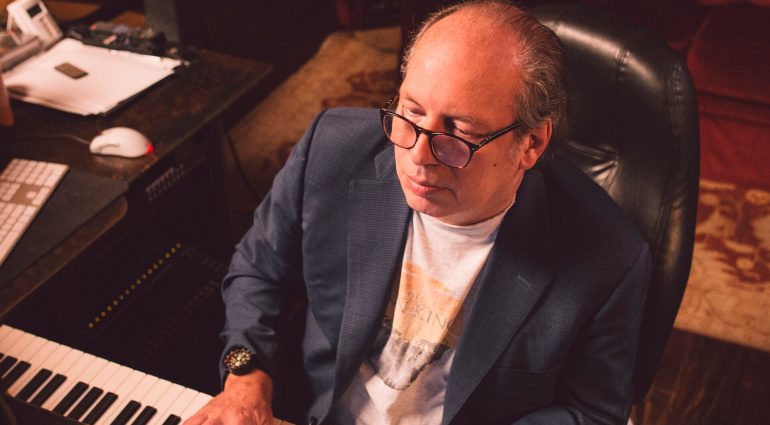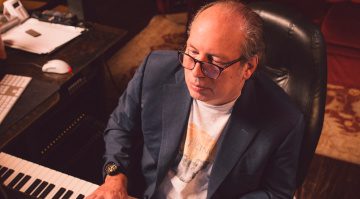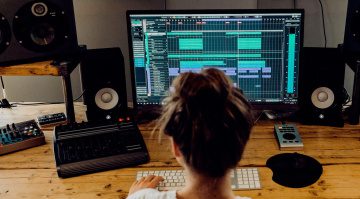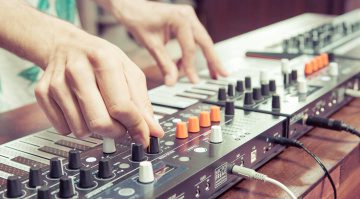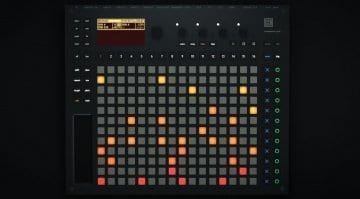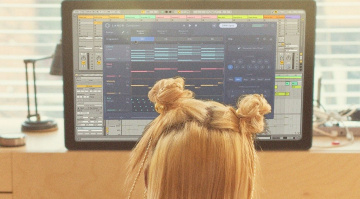The Film Composer Starter Kit: Start Scoring to Picture
Start creating music for films and games.
Creating music for films, series, and games requires a certain skill set and the right set of tools. Here’s the Film Composer Starter Kit.
So you want to start composing for films, but you don’t know where to start? Well, before we start discussing what gear to buy, there are a few things you should get your head around, particularly if you’re new to music composition.
In this Article:
The Film Composer Starter Kit
You don’t need to enroll at Julliard immediately, but having a network of peers with whom you can share your ideas will help you considerably in your progress. If you are taking the DIY route, you’ll need at least a rudimentary understanding of music theory, and learning to play keyboards provides a good foundation.
While reading music notation isn’t absolutely essential, it will help you digest, study, and break down existing pieces quickly, so you can find out which rules you’d like to bend or break in your own compositions.
Like any discipline, studying great composers and scores both in and out of context will also help you a great deal. From John Williams to John Carpenter, every composer has their own unique approach and ideas as to what makes a great motion picture score.
Equally, if you’re looking into game soundtracks, investigate the works of composers like Matt Uelmen and Alexander Brandon to find out how their music contributed to the creation of some of the most revered cult classic games.
The Film Composer Starter Kit: MIDI Keyboards
Whether the keyboard is your primary instrument or not, a MIDI keyboard is an essential tool in composition. As many of the specialized software instruments use complex multisample layers, hammer action keys allow you to get the most from the instrument’s velocity range.
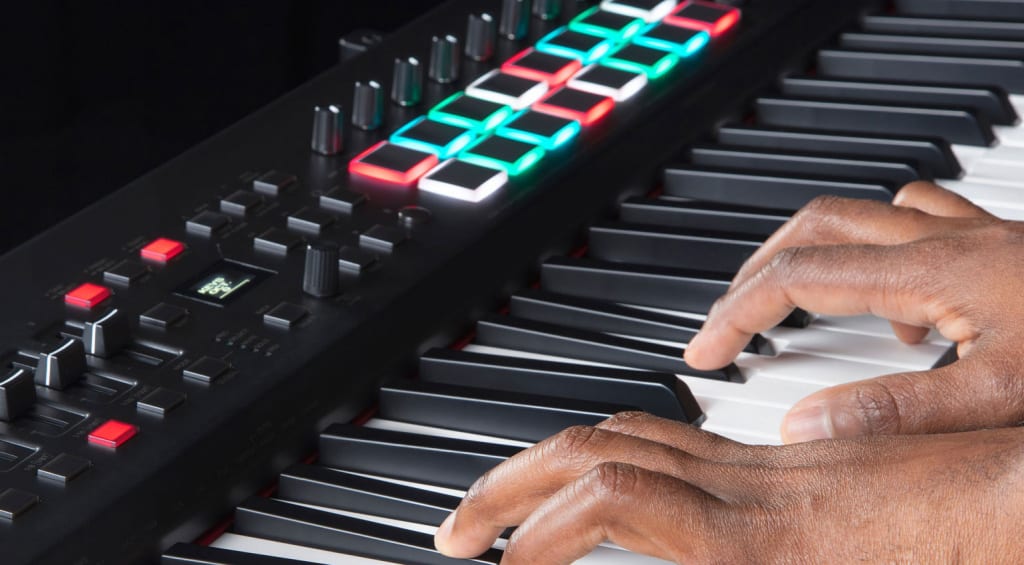
Meanwhile, with aftertouch controllers, you can get more expression from compatible plug-ins which is great when working with the latest softsyths. As most of your composition happens inside the DAW, it will also be useful to have controls for your channel faders and transport functions.
Luckily, controllers for these functions can be bought separately or you can find keyboards equipped with faders and transport controls. This means that you can outfit your s according to your needs and experience level, upgrading as your needs become more extensive.

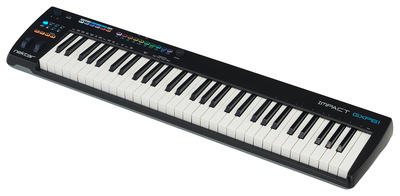

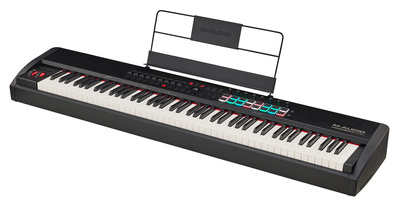

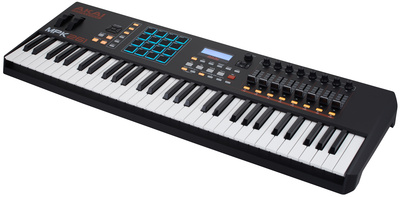
The Film Composer Starter Kit: DAW Software
You may also use a separate notation editor like Sibelius, but your DAW is central to your composition workflow. If you’re starting out, a DAW like Logic Pro gives you a huge variety of sonic potential before you start adding 3rd-party plug-ins and content.
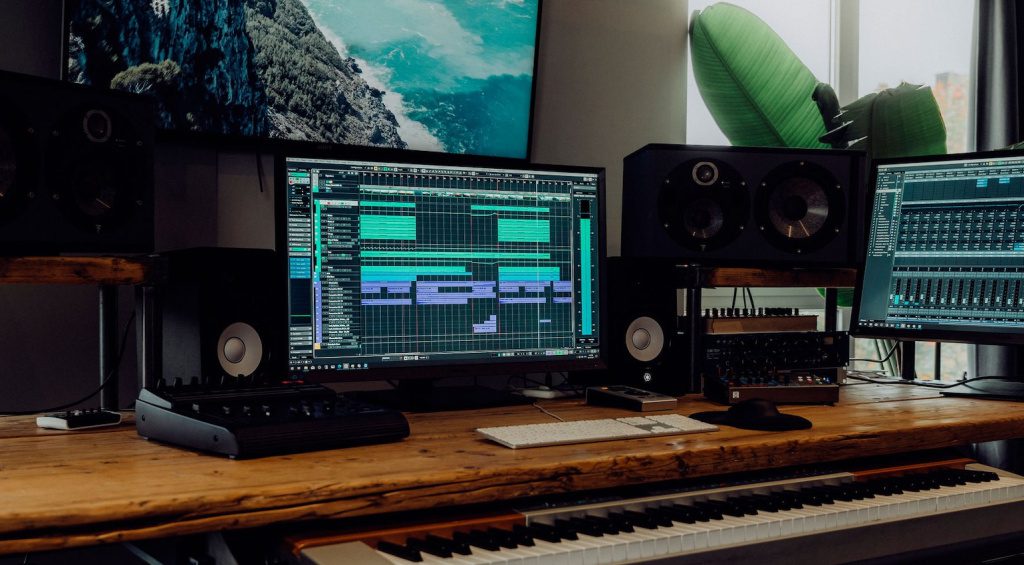
For one, there’s no tiered license system like many other DAWs and upgrades are free which saves you in the long run. However, many top film composers like Hans Zimmer and Tom Holkenborg use Cubase as their main DAW system.
While Logic Pro certainly has plenty to offer as far as its collection of stock plug-ins and sound libraries, Cubase has impressive video sync features, with tools like Time Warp and Expression Maps giving users incredible flexibility.
No matter which DAW you choose, it’s the interface with which you’re most comfortable that will produce the best results, so keep this in mind.

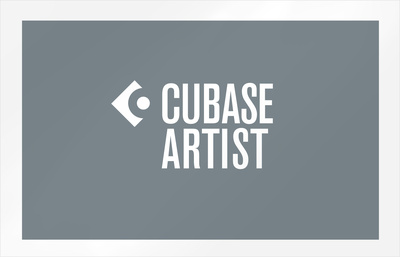

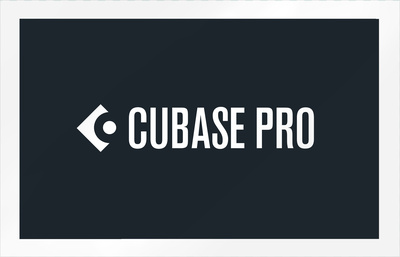

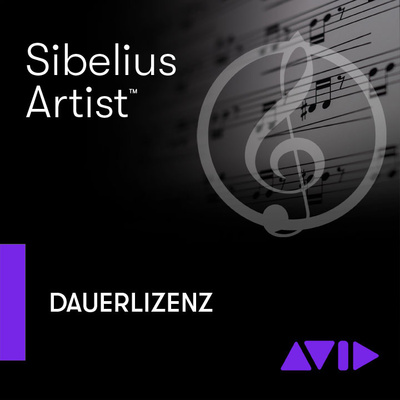
The Film Composer Starter Kit: Orchestral Libraries
Although many mainstream films and games use contemporary music styles, orchestral composition remains the format that is used by most professionals who create cinematic scores. Whether you are a Berklee graduate or a self-taught composer, the tools are the same.
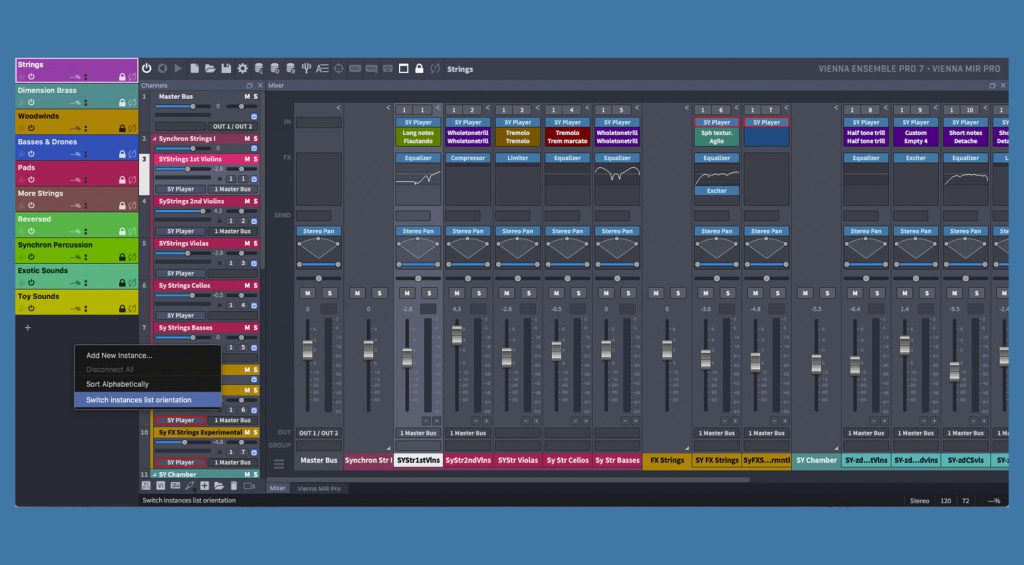
While live orchestra recording is still used in scores by big film and TV studios, the Brad Fiedel approach to film music is more plausible than ever before and you won’t need to mortgage your house to buy a Fairlight CMI for $25,000 either.
Luckily, high-quality multisample libraries have become accessible, both in price and ease of use. With companies like Vienna Symphonic Library, EastWest, and Spitfire Audio, you can start building your own instrument library for just a few hundred dollars.
Besides samples recorded in the highest quality studios, these multi-sample instruments include powerful interfaces to help you create dynamic performances and even switch through articulations while playing.

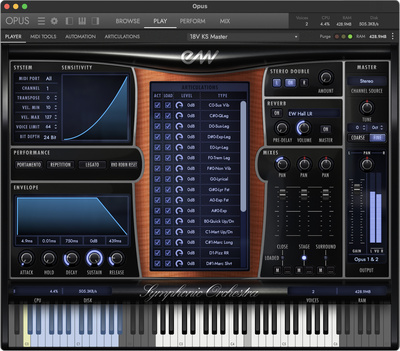

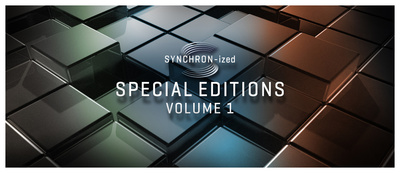
The Film Composer Starter Kit: Software Instruments
When it comes to generating the sounds used in films, series, and games over the past 20 years, there is no company that is mentioned more by composers than Spectrasonics. By combining a diverse sound library with a powerful synthesis engine, hybrid instruments like Omnisphere 2 offer users a seemingly endless resource for new sounds.
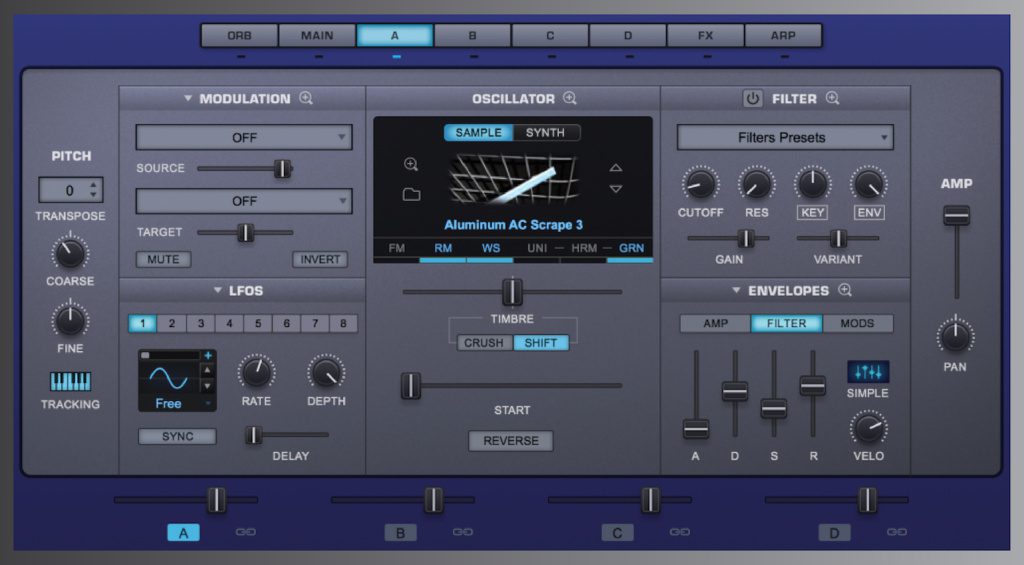
Omnisphere’s only drawback is its price, and without a lite version, it’s a considerable initial outlay. However, other options like Native Instruments Kontakt allow you to add instruments to your library as your requirements become greater.
Kontakt is extremely versatile, with a wide range of 3rd-party instruments available by reputable developers like Output and even the option to create your own. What’s more, the popular Kontakt instrument format includes orchestral instruments, and many others designed specifically for cinematic composition.

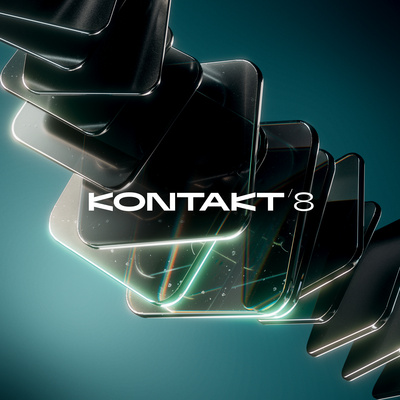
The Film Composer Starter Kit: External Hard Drives
As your sound library grows, so does your external hard drive collection. Because there is no cloud-based solution for this as yet, it becomes an unavoidable cost. Therefore, it’s worth knowing a thing or two about hard drives.
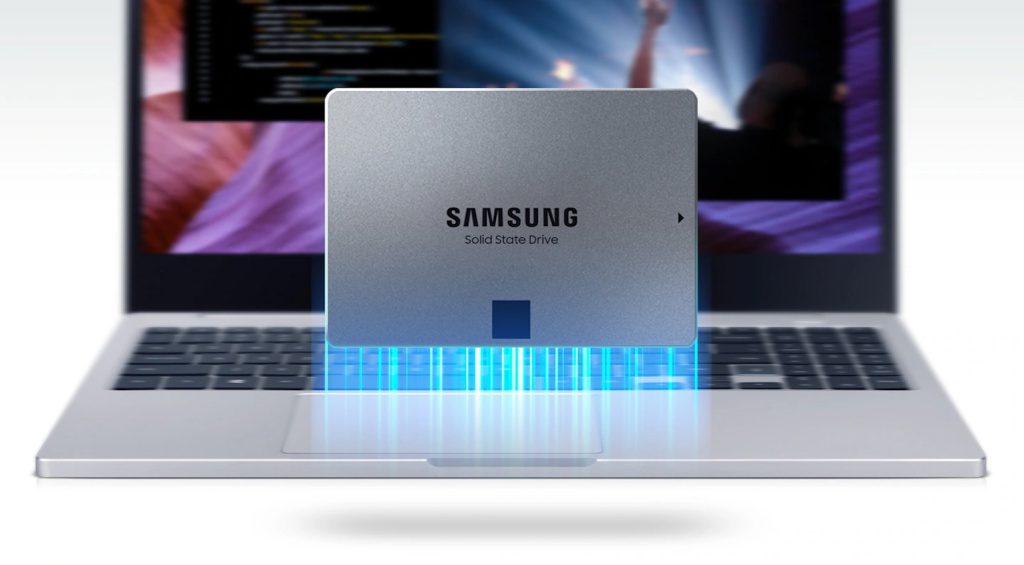
Although traditional magnetic hard disks are more affordable, their read-and-write speeds are limited compared to SDDs. If you’re going to have constant access to your sound library, an SSD allows you to expand beyond the capacity of your system drive.
For this purpose, a 2 TB external SSD is the perfect way to start building your sound library. For under $200, you can get a bus-powered USB-3 (1,050 MB/s Read/1,000 MB/s Write) that allows you to access your instruments anywhere.
However, if you plan on making your setup mobile, don’t forget to get another drive of the same size as a backup. Remember, if you have DAW projects that use your external sound library the drives need to be connected until you decide to bounce the instruments to audio.

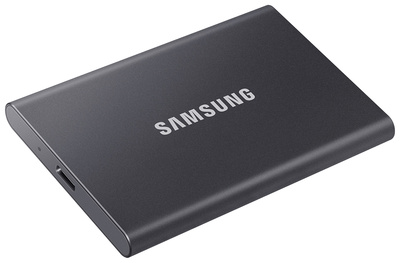

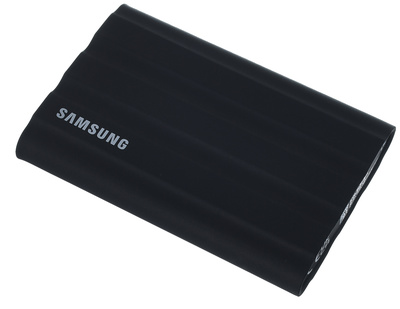
More about the Film Composer Starter Kit:
- All about Film
*Note: This article contains promotional links that help us fund our site. Don’t worry: the price for you always stays the same! We will receive a small commission if you buy something through these links. We appreciate your support!

 3,6 / 5,0 |
3,6 / 5,0 | 